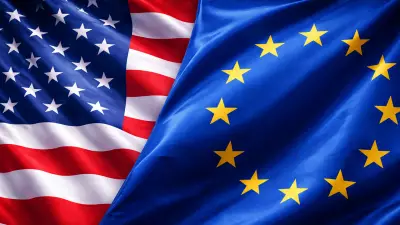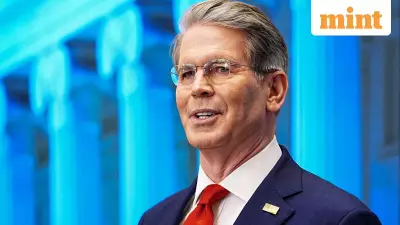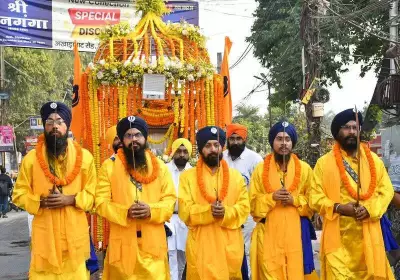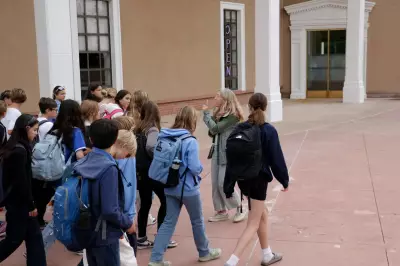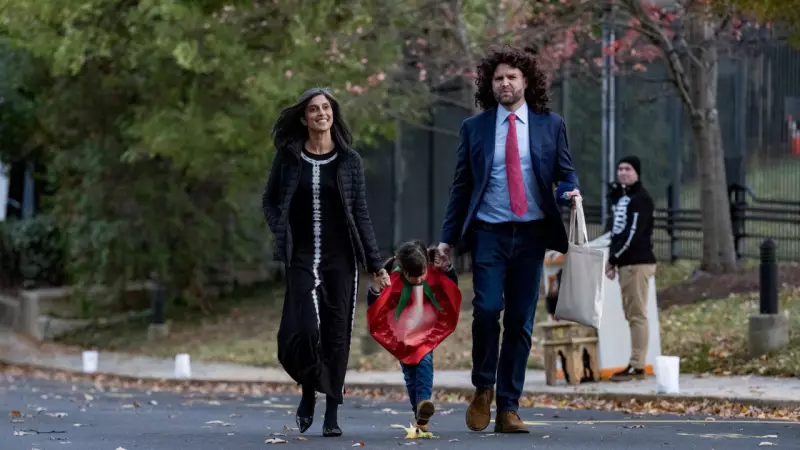
In a remarkable show of cross-party solidarity, Indian-American Congressman Ro Khanna has stepped forward to support Usha Vance, wife of Republican Vice Presidential nominee JD Vance, amid growing controversy surrounding her Hindu faith.
The Democratic Representative from California, himself the accomplished son of Indian immigrants, emphasized the importance of religious diversity in American politics. "We should celebrate the religious diversity of our country," Khanna stated, highlighting how Usha Vance's background represents the rich tapestry of immigrant experiences in the United States.
Conservative Voices Join the Defense
Adding unexpected weight to the conversation, conservative commentator Meghan McCain delivered a powerful endorsement of Usha Vance, describing her as "iconic" and praising her professional accomplishments. The daughter of late Senator John McCain broke with partisan expectations to acknowledge Vance's impressive credentials as a former law clerk for Supreme Court Chief Justice John Roberts.
The Immigrant Success Story
Both Khanna and McCain highlighted the compelling narrative of immigrant achievement that Usha Vance represents. As the daughter of Indian immigrants who built a successful life in America, her story resonates with millions of first-generation Americans who have contributed significantly to the nation's prosperity and cultural richness.
The controversy emerged when some political commentators questioned how Usha Vance's Hindu faith might influence her husband's political decisions, sparking a broader conversation about religious tolerance in American public life.
A Defining Moment for Religious Inclusion
This bipartisan support comes at a crucial time when questions of religious diversity and inclusion are taking center stage in American politics. The defense of Usha Vance by prominent figures from both major political parties signals a growing recognition that religious background should not be a disqualifying factor in public service.
The episode has sparked important conversations about what it means to be American in an increasingly diverse nation, and whether the political sphere can accommodate the full spectrum of religious beliefs that characterize modern American society.

